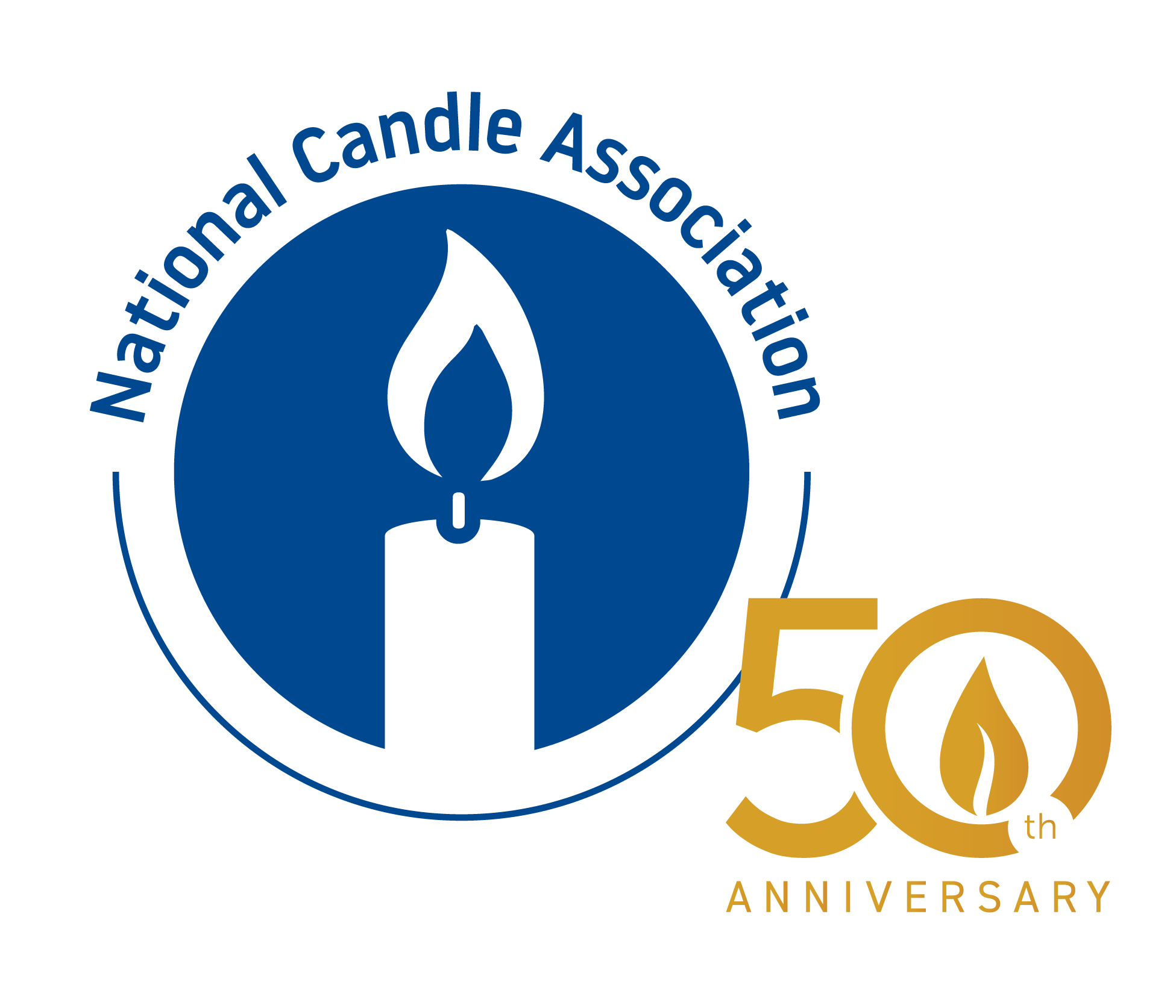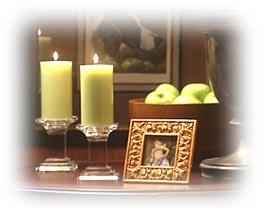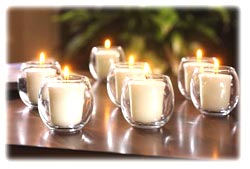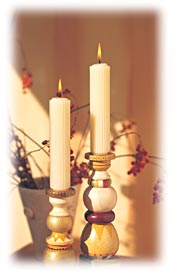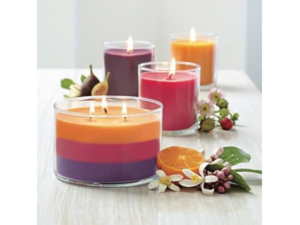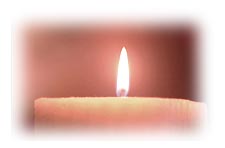Overview & Industry Leadership
EXPLORE CANDLES
Become a Member
Industry Leadership
The National Candle Association (NCA) is the major trade association representing U.S. candle manufacturers and their suppliers.
Founded in 1974, NCA acts as the collective voice for the candle industry in promoting the safe use and enjoyment of candles, monitoring and responding to issues impacting the industry, and advancing the industry as a whole.
NCA acts as the voice of the industry on issues of vital importance. From its Washington, DC headquarters, NCA provides an information network for candle manufacturers and suppliers, and liaisons with other national and international organizations with related interests.
In addition, NCA actively represents the industry regarding trade, fire safety, technical, scientific, regulatory and international matters impacting candle-making and sales. Members meet annually to discuss these and other issues, review technical findings and research, and conduct Association-related business.
Upon joining, and annually thereafter, all NCA member companies pledge to:
- Promote the manufacture of candles and candle products in accordance with recognized industry standards and practices.
- Promote safe and proper use of candles and candle products.
- Pursue product excellence through quality formulations, testing and prudent manufacturing processes.
- Foster technical advances and innovation in candle-making.
- Uphold consumer confidence through a commitment to product quality and corporate responsibility, and to
- Foster and safeguard a fair and responsible marketplace.
Fire Safety
As the popularity of candles rose dramatically from the mid- to late-1990s, so did the number of residential fires involving candles. In 1997, the NCA began collaborating with the U.S. Consumer Product Safety Commission and the ASTM International standards organization to develop industry standards that might reduce the number of accidental candle fires.
The first industry-wide standard became effective in 2000, calling for the labeling of all candles with fire-safety precautions. Additional industry standards to enhance the fire-safety design of candles, glass containers, candle holders and candle accessories also have also been established. NCA continues to spearhead the development of performance and design standards to reduce the potential for candle fires. For detailed information, see Industry Standards.
Technical and Scientific Expertise
The NCA is the recognized technical authority on candle-making, formulation, testing and standards. Its member companies regularly share advanced findings of their R&D departments and testing laboratories with NCA.
Technical presentations from NCA’s Annual Conference & Expo and the triennial World Candle Congress, along with research papers and studies on candle performance and related subjects, are archived and maintained for NCA member reference.
Regulatory Issues
NCA is frequently at the forefront of regulatory trends. In the mid-1970s, NCA members voluntarily agreed not to use lead wicks, placing the Association in the vanguard of the lead-free movement. In 2000, NCA went further and asked all U.S. candle manufacturers to join its members in signing a formal pledge not to use lead wicks. In 2003, the U.S. Consumer Product Safety Commission banned lead wicks from the U.S. marketplace, an action long supported by the NCA.
NCA also monitors federal and state regulatory issues of concern to its members, and works diligently to develop unified industry responses whenever needed. In 1998, after learning that a plaintiff attorney had filed suit under California’s “Proposition 65” naming candle manufacturer members and their retailers, the Association immediately enlisted counsel to advise and represent industry members, and was instrumental in successfully forming a joint defense group to defend against the unfounded accusations.
With the proliferation of environmental regulations at the state level in the US, NCA analyzes and provides input to the legislative and rulemaking process to ensure that the candle industry’s voice is heard and contributes science-backed information to the deliberations.
NCA is a proud member of the Council of Manufacturing Associations, of the National Association of Manufacturers (NAM).
Trade Issues
In 1985, when the U.S. candle industry was first threatened with inexpensive imports from the People’s Republic of China, the NCA filed an antidumping petition with the International Trade Commission.
Almost a year later, the U.S. Department of Commerce (DOC) issued an order directing the U.S. Customs Service to assess an antidumping duty of 54.21% on petroleum wax candles from China. Fair and reasonable competitive balance was restored until the late 1990s, when the dumping of candles began to distort the marketplace again and unfairly injure the U.S. candle industry.
In 2004, the DOC doubled the anti-dumping duty to 108.3% on the basis of continued and escalating dumping of cheap Chinese candle imports. The NCA also filed a petition in 2004 seeking a ruling on whether candles from China containing a mix of paraffin and vegetable waxes were circumventing the anti-dumping order. (Vegetable-based waxes were not commercial used when the original anti-dumping order was issued.)
In November 2006, DOC agreed and ruled that candles containing any amount of petroleum wax, including candles containing 50% or more vegetable/based wax, were subject to the 108.3% duty.
In August 2011, the DOC further clarified the scope of the antidumping duty order, making it clear that the duty applied to all shapes, sizes, styles and types of candles imported from China containing any amount of petroleum wax, with three very narrowly-defined exclusions: birthday candles, utility candles and figurine candles.
The antidumping duty on petroleum wax candles from the Peoples Republic of China was reaffirmed in April 2016 during the five-year Sunset Review of the Order, by both the DOC and the International Trade Commission.
In 2018, NCA defeated a U.S. importer of candles, in its contest of the duty on petroleum wax candles from China. The case was resolved by the Court of International Trade, and the company agreed to withdraw from the case with prejudice, meaning they cannot bring the case again.
The NCA continues to monitor efforts to circumvent the anti-dumping duty and remains actively involved in seeking a fair and competitive trade arena for candles.
International Cooperation
NCA frequently interacts with candle organizations, governmental authorities, and standards bodies around the world to gain harmonization of standards and regulations impacting candle manufacturing, and to share technical information and research regarding candles. Among those bodies are The European Candle Manufacturers Association (ECMA), The Latin American Candle Manufacturers Association (ALAFAVE), the European Committee for Standardization (CEN), Health Canada, and ASTM International.
